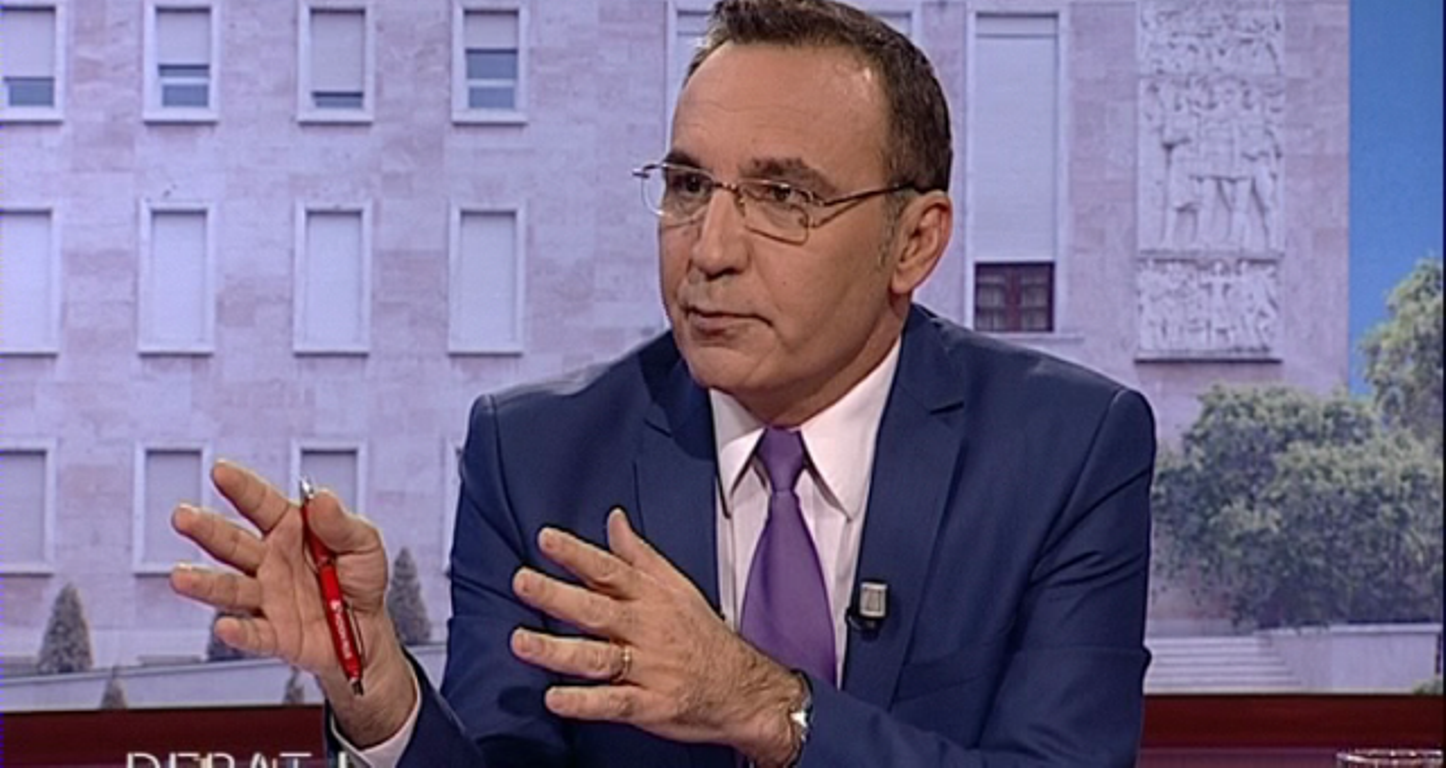
This article has been written for Albanian Free Press newspaper and www.albanianfreepress.al
By Eduard Zaloshnja
One of the main issues which has sparked a heated political debate in Albania today is vote buying. The opposition claims that it cannot participate in the elections with Rama as Prime Minister, because he buys votes with drug and crime money. Is vote buying something which has been introduced by Edi Rama?
“Have you ever been offered money or a favor in exchange for your vote in elections” was the question that was asked during a survey conducted in Autumn 2017.
20.6% of Albanian respondents have answered with a yes. Only Montenegrins have a higher percentage in the Balkans-22.5% (see the graph attached).
These are the findings of an opinion poll conducted by the Skopje based “Civil Society” Institute for Democracy as part of the HORIZON 2012 Project funded by EU. HORIZON 2012 project is implemented by an international consortium led by the School of Slav and Eastern European Studies at the University College in London. Meanwhile, the opinion poll in Albania has been conducted by the Center for Historical and Anthropological Research, which has no webpage, but only a Facebook page, where it appears as an Albanian NGO with only one member.
Given that there are around 2.1 million voters living in Albania (out of a total of 3.4 million appearing in the electoral list), it can be extrapolated that around 430 thousand voters living in Albania have been offered money or a favor (in exchange of the vote), at least in one of the elections that they have participated in the past three decades (here we’re not referring to the so called elections which were held prior to 1990, when the Democratic Front used to win 99.99% of the votes).
Without going into the accuracy of the sampling and the rigorosity of the study, I must say that as far as Albania is concerned, I was expecting a higher figure. This is why.
Vote buying has not started today–it started in the Egyptian and Roma inhabited neighborhoods since 1991. The votes were bought by the candidate for Parliament. In a neighborhood of Berat, voters were given flour, rice and sugar one day after the elections and the entire neighborhood voted in favor of the former People’s Workers Party. (A week later, in the runoff, nothing was given to voters and the Democratic Party candidate won…)
As the years went by, vote buying became more refined, penetrating even in the poorest neighborhoods (urban and rural). So, an opinion poll carried out by IDRA in 2013 (funded by USAID) found that 33% of Albanians had knowledge of cases when voters could have offered their vote in exchange or money or a favor.
Those who claim that in the past 27 years, votes have not been bought through money or favors, then they don’t know anything about Albania, or they simply lie. Also, that party which claims that in the past 27 years, it has offered no money or favors in exchange of votes, is being ridiculous. (Parties which have won at least 1% of votes)
The main opposition parties interpreted the study above as a proof for their claim that the SP had bought over 20% of votes in the recent elections. But, that study blamed all the parties that had participated in the elections in the past 27 years, without singling them out.
Of course, if the SP were in opposition today, it would have used the study in question in the same way the current opposition parties are using it. But what do the people who do not support any party think? In the last elections, 520 thousand voters living in Albania didn’t vote any of the parties in the race (for purposes of comparison, in June, the DP was only voted by 450 thousand people). Perhaps, such voters have been fed up with political parties and elections for the simple fact that they are convinced their vote is bought and sold in the poor neighborhoods and poor villages, making their vote invalid.
That vote will only be valid once we see those politicians who accumulate dirty money through corruption and their ties with crime to then use it to buy votes, behind bars. This will only (perhaps) happen when the much anticipated SPAK is up and running as an institution.
Which parties grew in the last elections?
In the last elections, the Socialist Party obtained 94% of the votes that this party and the other small coalition parties had obtained in the previous parliamentary elections (only in Dibra this percentage was higher than 100%, namely 113%). The Democratic Party only obtained 69% of the votes that this party and its small coalition parties had obtained in the previous parliamentary elections. Meanwhile, SMI and PDIU registered a significant growth compared to the previous parliamentary elections. SMI grew by 45 thousand votes, while PDIU grew by 30 thousand votes.
Note: The views expressed in this article are the author's own and do not necessarily reflect Albanian Free Press’ editorial policy





 ALB
ALB
 ENG
ENG
